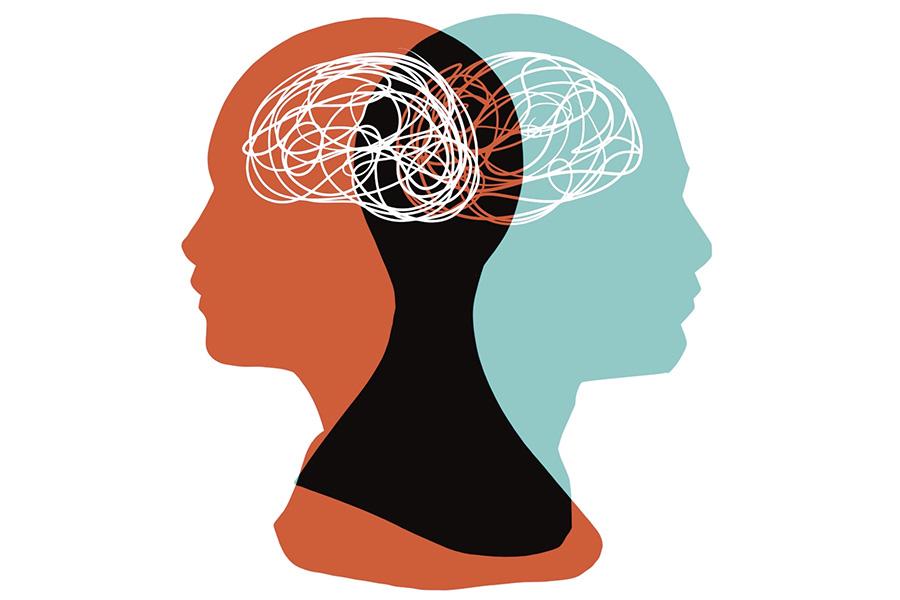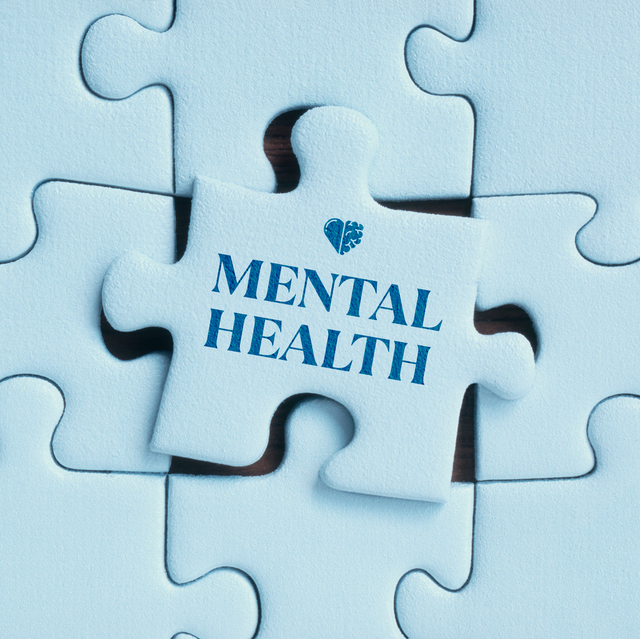Comprehensive Inpatient Mental Health Services for Effective Treatment
Inpatient psychological health solutions stand for a critical component of the healthcare system, providing a extensive and organized environment for individuals experiencing extreme mental distress. These solutions use a multidisciplinary technique, incorporating numerous evidence-based treatments to attend to the complex needs of clients. The performance of such detailed care expands beyond immediate stabilization; it also encompasses the change to outpatient support, an essential phase typically overlooked - inpatient mental health treatment. Checking out the subtleties of this continuum reveals substantial ramifications for both individual recuperation and wider psychological wellness outcomes. What factors genuinely influence this change, and how can we enhance its effectiveness?
Recognizing Inpatient Mental Health Services
Inpatient mental health services offer essential support for people experiencing severe emotional distress that can not be taken care of properly in an outpatient setup. These solutions are developed to use an extensive level of treatment in a structured atmosphere, commonly within a hospital or specialized center. Clients confessed to inpatient programs normally present acute signs and symptoms, such as suicidal ideation, severe clinical depression, or psychosis, necessitating day-and-night surveillance and treatment.
The admission process usually entails a comprehensive analysis by psychological wellness specialists, who assess the person's frame of mind, history, and instant requirements. When admitted, clients participate in a variety of therapeutic methods tailored to their particular requirements, consisting of drug administration, private therapy, and group sessions. This all natural strategy intends to stabilize the individual's problem, advertise safety, and foster coping skills.
Inpatient mental health services not only address prompt wellness problems but also function as a bridge to continuous treatment. By supplying a regulated setting, these services promote the development of therapy plans that can be continued in outpatient setups, therefore making certain a continuum of care and improving lasting end results for people with complex mental health and wellness requirements.
Key Components of Effective Therapy
Effective therapy in inpatient mental health solutions comprises numerous essential components that promote recuperation and stabilization. Most importantly, an extensive assessment is crucial to determine the person's details needs and difficulties. This analysis informs the development of a customized treatment strategy, which serves as a roadmap for treatment.
Another important component is the multidisciplinary group strategy. Collaboration among psychoanalysts, psycho therapists, nurses, and social workers makes sure that different perspectives contribute to the client's care, enhancing the performance of treatment. Evidence-based restorative techniques, such as cognitive-behavioral therapy (CBT) and dialectical behavior modification (DBT), are also integral, providing structured techniques that attend to maladaptive thought patterns and behavioral issues.

Finally, a concentrate on aftercare planning is important to make sure a seamless change to outpatient solutions, decreasing the risk of regression and promoting long-term health. These cumulative elements develop a reliable therapy framework within inpatient mental health and wellness solutions.
Benefits of Comprehensive Care

Detailed treatment in inpatient mental wellness services uses various advantages that dramatically boost client end results. Among the primary advantages is the alternative strategy to treatment, attending to not just the mental signs however likewise the physical, social, and emotional requirements of clients. This comprehensive assessment permits tailored interventions that advertise total well-being.
One more advantage is the assimilation of multidisciplinary groups, which fosters partnership amongst health care experts. This collective atmosphere makes certain that individuals receive worked with care, decreasing the danger of fragmented therapy and enhancing interaction among caretakers. Furthermore, comprehensive treatment assists in continuity of solutions, allowing for seamless transitions from inpatient to outpatient settings, which is vital for long-term recuperation.

Last but not least, the organized atmosphere of detailed inpatient treatment gives a safe space for people to participate in restorative tasks, aiding them establish dealing techniques and resilience. Jointly, these advantages add to much more efficient therapy and boosted high quality of life for people experiencing mental wellness situations.
Evidence-Based Restorative Approaches
In the world of psychological health and wellness treatment, evidence-based therapeutic strategies play a vital function in ensuring that individuals get reliable and clinically supported treatments. These approaches integrate the finest readily available research study with professional expertise and client values, promoting a tailored treatment experience that attends to specific needs.
Cognitive Behavioral Treatment (CBT) is among the most extensively recognized evidence-based techniques, concentrating on identifying and altering negative thought patterns and actions. This structured strategy has shown effectiveness in treating problems such as clinical depression, ptsd, and stress and anxiety. Similarly, Dialectical Behavior Treatment (DBT) is particularly efficient for people with borderline character disorder, stressing the advancement of psychological regulation and social effectiveness abilities.
Additionally, medicine administration is usually an integral part of evidence-based therapy, as psychotropic drugs can ease signs and improve general performance. Collective care versions, which include multidisciplinary teams, further boost the effectiveness of inpatient solutions by making certain detailed assessments and continual surveillance.
Ultimately, the assimilation of evidence-based restorative strategies not just promotes favorable professional results but likewise equips clients, cultivating a sense of agency and durability in their psychological wellness trips.
Transitioning to Outpatient Support
The transition from inpatient mental wellness solutions to outpatient support marks a crucial stage in a client's Continue recuperation trip. This period needs cautious preparation and coordination to guarantee continuity of care and to reduce the dangers of regression or dilemma. Efficient discharge preparation should start early in the inpatient keep, entailing a multidisciplinary group that includes psychiatrists, psychologists, nurses, and social workers.
Crucial element of a successful change include the growth of a detailed aftercare strategy customized to the person's particular demands. This strategy should detail follow-up visits, medication monitoring, and healing interventions, in addition to recognize neighborhood resources and assistance groups that can help with ongoing recuperation.
Moreover, client and family education and learning is crucial throughout this phase. Understanding the indicators of prospective troubles and the importance of sticking to treatment can empower individuals and their support group.
Regular follow-up and review of the outpatient strategy are necessary to attend to progressing obstacles. By cultivating a collective partnership in between outpatient and inpatient carriers, the likelihood of continual recovery boosts, ultimately improving the individual's lifestyle and minimizing the danger of readmission.

Verdict
In summary, thorough inpatient mental wellness services provide an important structure for attending to extreme psychological distress with a multidisciplinary technique. Inevitably, such detailed treatment is vital for long-term psychological wellness and well-being.
The admission process normally entails a detailed assessment by mental health and wellness specialists, that assess the individual's mental state, history, and instant requirements.Efficient therapy in inpatient psychological health and wellness solutions consists of a number of crucial parts that cultivate recuperation and stablizing.Comprehensive treatment in try here inpatient psychological health and wellness services provides various benefits that considerably boost patient results.The change from inpatient psychological wellness services to outpatient support notes a critical phase in you can look here a person's healing journey.In recap, comprehensive inpatient mental health and wellness services offer an important framework for dealing with extreme psychological distress through a multidisciplinary strategy.